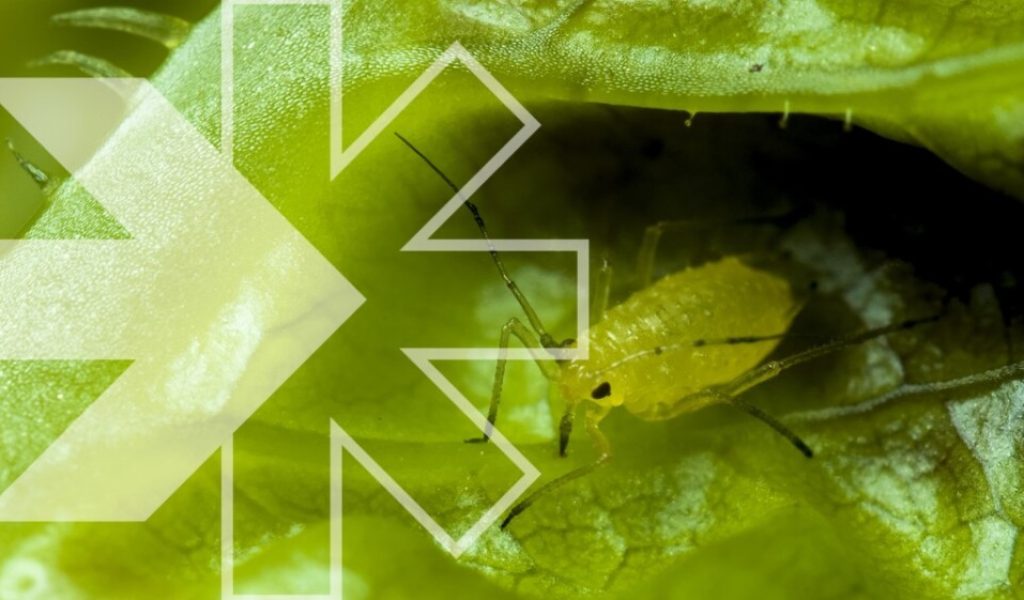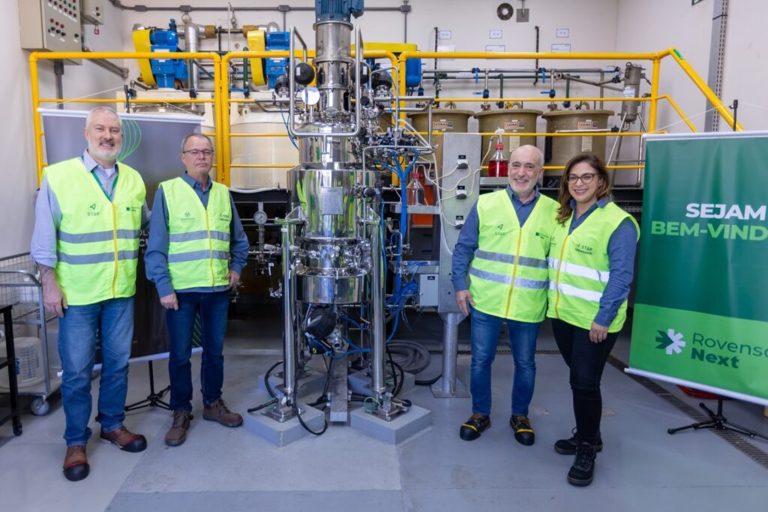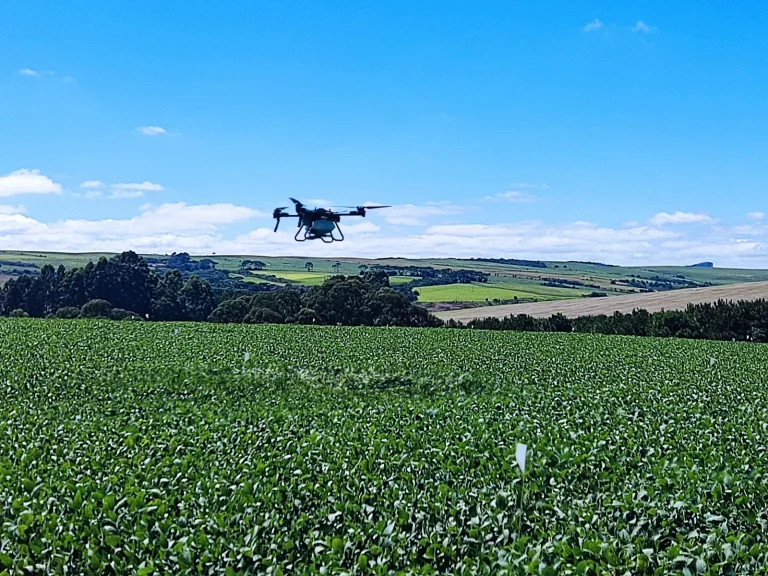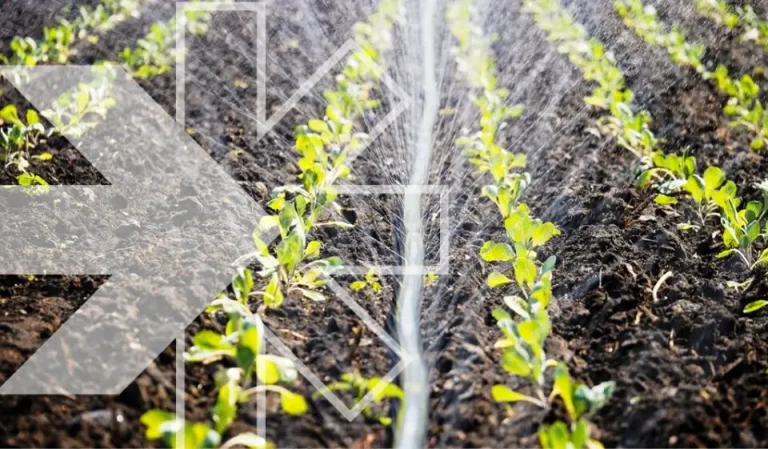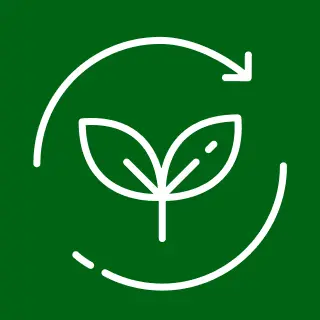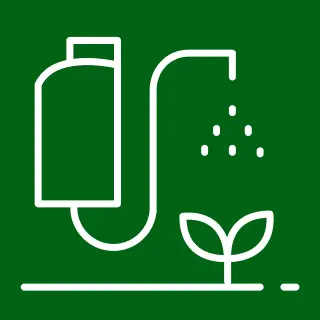Biotic stress, caused by living organisms such as fungi, bacteria, viruses, insects, and weeds, is one of the most persistent threats to crop health, yield stability, and ecosystem balance. Unlike abiotic stressors such as drought and salinity, biotic stress directly disrupts plant vitality through pathogenic attacks, herbivory, and competition for resources.
Through its Biosolutionize Agriculture campaign, Rovensa Next delivers biological low-residue solutions for agriculture that are science-driven and focus on restoring soil functionality and plant health. Its portfolio includes biosolutions that reduce agrochemical use, enhance plant resilience, and help to restore soil structure and fertility naturally, while also supporting effective resistance management strategies through targeted, sustainable biological approaches.
Understanding biotic stress in agriculture
Biotic stress refers to the damage inflicted on crops by living organisms, ranging from insect pests to soil-borne pathogens, which impair photosynthesis, stunt growth, and reduce yields. It is essential to manage biotic stress to successfully transition to sustainable agriculture and meet the demands of markets with strict residue regulations and evolving legislative frameworks.
Main causes of biotic stress
- Herbivory. Insects, mites, and rodents feed on plant tissues, weakening their structure and reducing photosynthetic efficiency.
- Weed competition. Invasive species such as Amaranthus spp. and Cyperus spp. compete for water, nutrients, and light.
- Parasitism. Parasitic plants (e.g., Striga spp.) extract nutrients from host crops.
- Pathogenic attacks. Fungi, bacteria, and viruses trigger disease cycles and physiological damage.
These stressors not only threaten crop productivity but also disrupt the soil microbiome, which is vital for restoring soil health and safeguarding long-term agricultural sustainability.
Effects of biotic stress on crop systems
Unmanaged biotic stress can lead to:
- Reduced growth and lower yields.
- Impaired photosynthetic activity.
- Soil health degradation.
- Increased reliance on synthetic pesticides.
- Loss of biodiversity and ecosystem imbalance.
Rovensa Next combats these negative effects through natural alternatives to pesticides together with innovative crop production technologies that support long-term soil and plant health.
Biosolutionize Agriculture: a holistic campaign to transform biotic stress into sustainable opportunity
Biotic stress is one of the most pressing challenges facing modern agriculture, directly impacting crop yields, soil health, and grower profitability. Through its global Biosolutionize Agriculture campaign, Rovensa Next reframes this challenge as an opportunity to implement science-based solutions that restore soil and plant vitality.
The campaign is built around a unique, holistic portfolio of agricultural biosolutions including biostimulants, biofertilizers, bionutrition and biocontrol products, and adjuvants, designed to address the full spectrum of crop stressors, from pests and disease to soil degradation and climate-driven variability.
As an end-to-end solutions partner, Rovensa Next delivers integrated strategies tailored to each crop and region. Our biological inputs are backed by cutting-edge technologies and decades of technical expertise. We deploy them globally through dedicated local teams who work hand in hand with growers and distributors. This centralized, comprehensive approach, often described as a one-stop shop for biological solutions, ensures that every product range is interconnected, supporting cross-selling and maximizing impact across the entire crop cycle.
In the face of climate change and unpredictable growing conditions, Rovensa Next remains committed to solving global agricultural challenges through innovation, education, and collaboration. By empowering growers to adopt biological solutions for sustainable farming, we transform biotic stress from a threat into a driver of profitability and resilience, delivering not just protection, but progress.
The strength of this campaign and of our portfolio lies in the use of combined strategies across different product ranges, positioning Rovensa Next as the all-in-one partner that growers can rely on for expert guidance on any crop, without compromising profitability.
Flagship agricultural biosolutions: new biocontrol solutions for biotic stress
These products integrate seamlessly into Integrated Pest Management (IPM) strategies and leverage advanced biotechnology, including rhizobacteria and mycorrhizae applications.
- Lower synthetic inputs: Integrated programs combining biocontrol, adjuvants, and biofertilizers have achieved up to 20% reductions in synthetic inputs in fruit and vegetable systems while maintaining or improving yield and quality.
For example, sequences using Prev-Am® and pyrethrin-based products have reduced synthetic insecticide applications by 30–40%. - Effective pest & disease management: Integrated biocontrol and adjuvant strategies, combining differing modes of action, such as Ospo-Vi55®, Prev-Am®, and/or Tec-Fort® with Wetcit®, achieved > 90% knockdown of pests such as whitefly and mites, and reductions of up to 85% in powdery mildew, supporting resistance management.
- Microorganisms. Products based on Bacillus subtilis, such as Portento®, Ospo-Vi55®, and Milagrum Plus®, offer targeted control of diseases including downy mildew, powdery mildew, and apple scab. These natural biofungicides contribute to soil and plant health and are approved for low-residue agricultural systems.
- Plant extracts. Bioinsecticides such as Tec-Fort®, X-Terminator®, and Santem®, formulated with pyrethrins, are widely used in IPM programs for their low-residue profiles and long-term pest control. These solutions reduce reliance on synthetic chemicals while maintaining efficacy.
- OROWET® Technology. Orange-oil-based products such as Prev-Am® combine cold-pressed orange oil with patented OROWET® Technology. This system uses biodegradable surfactants to encapsulate active ingredients, enhancing their stability, distribution, and absorption. These multi-action bioinsecticides, biofungicides, and bioacaricides provide immediate protection against pests, fungi, and mites, while remaining compatible with beneficial fauna and supporting residue-sensitive agriculture.
Rovensa Next is also developing new biocontrol solutions as part of its ongoing innovation pipeline, which will soon be included in its portfolio:
- Orofusion®. Unique Suspo-Emulsion (SE) formulation combining synergistically Sulphur and Orange oil. Thanks to this combination, the product offers a strong preventative effect against spores and a boosted eradicant effect with immediate action.
- Palisad®. A dual-action bioinsecticide and biofungicide that activates natural plant defenses to control key fungal pathogens and insect pests.
- Oronem®. A targeted bionematicide that supports healthier soil and plants by proactively activating defense mechanisms and directly suppressing harmful nematodes.
These upcoming products reflect Rovensa Next’s commitment to delivering cutting-edge, sustainable solutions for managing biotic stress and enhancing crop resilience across diverse agricultural systems.
From threat to opportunity
Biotic stress is more than a challenge; it is a turning point for agricultural transformation. Rovensa Next empowers growers to build resilient, profitable systems rooted in sustainable agriculture through eco-friendly agricultural products and biosolutions for both small growers and large-scale operations.
Whether cultivating oranges in Brazil or olives in Spain, Rovensa Next’s biological inputs help reduce agrochemical use, protect crops, and restore soil health naturally.

